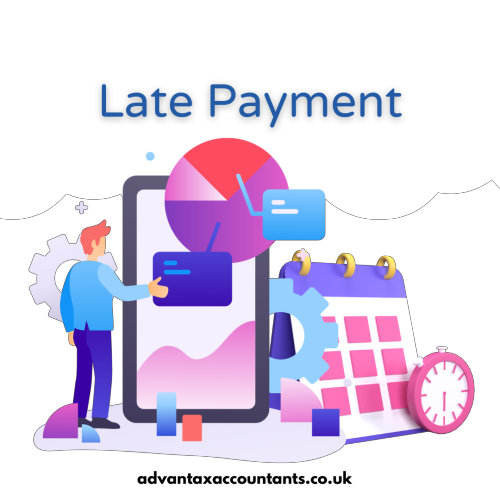Talk to any business owner and there’s a good chance you’ll be hit with a late payment on an invoice at some point. Research from the Federation of Small Businesses shows that a third of payments to small businesses are overdue, with an average value of these overdue invoices of £6,142. If small businesses were paid on time, the economy could be boosted by around £2.5bn a year and another 50,000 businesses could stay open. Unpaid invoices can have a negative impact on a company’s cash flow. So what can a business do to reduce the risk of late payments?
Research Your Customers
If your clients are other businesses, checking a potential customer’s credit history to see if they have a history of late or missed payments can give you insight into potential problems. You need to convert leads to maintain and grow your operation, but that doesn’t necessarily mean you have to commit to doing business with everyone who walks through the door. Unreliable customers can quickly cost your business.
Perform Credit Checks
Your processes need to start even before someone becomes a customer. Running a credit check to assess a potential customer’s creditworthiness before doing business with them can indicate trouble. A credit check shows if there have been late or missed payments in the past. This will be a red flag and will help you make the decision to take the risk of doing business with them.
Make Payment Easy
You need to make checkout as easy as possible for your customers so they don’t have an excuse for not knowing how to do it. Make sure your full bank details are included on all invoices or offer faster options like PayPal. If you regularly collect payments from customers, direct debit is a good solution. You can allow your customers to spread the cost of your product or service over the year. This should encourage them to pay on time, attract more customers to spend with you, and increase customer loyalty.
Agree on Payment Terms in Advance
Before you start delivering work, you need to agree on payment terms with your clients. This allows you to quickly track late payments and process unpaid invoices as soon as they hit their payment deadline. It is worth considering and including in your terms and conditions that you charge interest for late payments.
Build Good Relationships
Building strong, friendly relationships with customers can help minimize late payments. For companies that offer products or services to other companies, billing is typically an anonymous process using generic account addresses. Try to get the name of a real person to talk to in case of problems or delays. When you have built a good relationship with someone and they can put a face or voice to the name, it becomes more difficult for them to abandon you and pay you late.
Being a small business can also be used to your advantage. Large businesses may not be aware of the impact late payment of an invoice has on small businesses. If you build a good personal relationship with your client and know that you are running a small business, you can prioritize your payment. If you have consumer clients, you also need to maintain a good relationship through regular communication and be clear about how much you are charging and when you expect payment.
Offer Different Payment Methods
By giving your customers a choice of payment methods or making it easy for them to pay, you can make sure you get paid for the work you do. Make sure all of your bank details and payment options are on every invoice you issue so customers can easily send money and pay you. Consider offering other payment options like PayPal, and credit card payments.
Send Regular Reminders
Regular reminders will help ensure you get paid on time. Failure to meet payment deadlines can sometimes be due to a technical error or the actual loss of the invoice. In these cases, a brief hunting call could solve the problem. If you’re looking for payment, be polite, but get to the point. Give them all the information they need, such as invoice number, date the invoice was sent, and payment due date. It can be beneficial to call instead of email because you know for sure that the customer knows their payment is overdue.
Debt recovery
If a customer still fails to pay despite all your efforts, you may need help from a debt recovery agency. Accountants work with several debt collection service providers who specialize in efficient and cost-effective debt collection services. You can advise and manage individual invoices or the entire sales book. Skilled mediation and professionalism allow sellers to recover their debt and protect valuable relationships to safeguard future business opportunities.
Monitor Persistent Late Payers
Keeping up with customers who often pay late is an important part of managing your cash flow. By understanding customers who consistently miss billing deadlines, you can identify potential cash flow discrepancies and take steps to find other business opportunities to address them before they become a serious problem. By using online accounting software and working with your accountant, you can use past accounts receivable reports to determine which customers owe you money and how much they owe you.
Late payments have a negative impact on cash flow. If you need help managing your cash, call us at 07985 689912 or use our online inquiry form.


